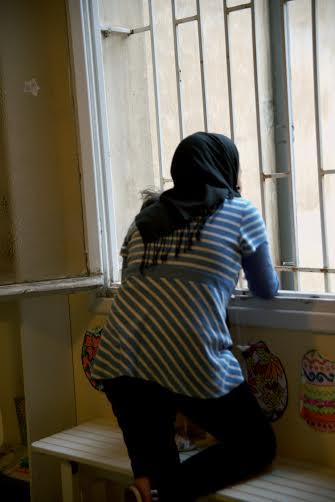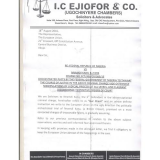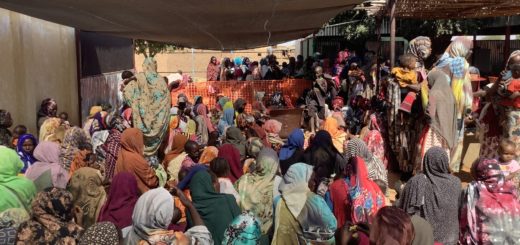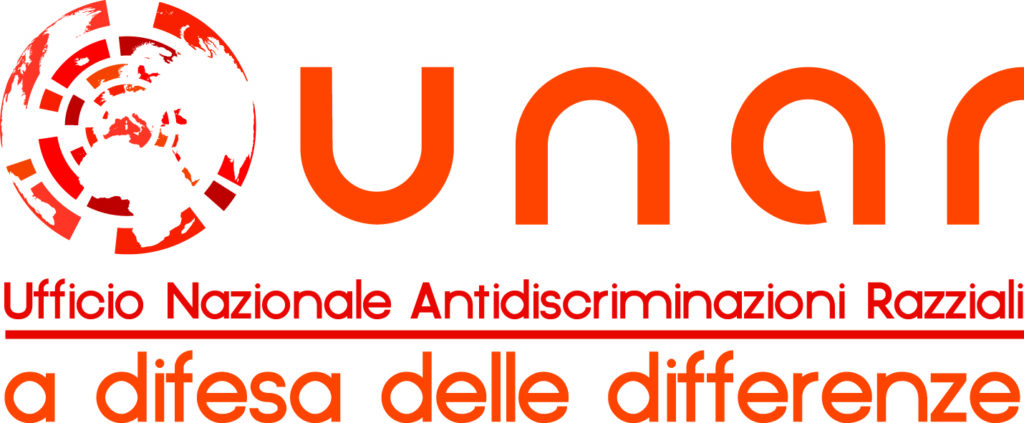Hate crimes in Europe!: Le Barriere Invisibili
di Cinzia D’Ambrosi
Le barriere geografiche e fisiche da un Paese all’altro e il respingimento dei rifugiati sono immagini ed esperienze che purtroppo non finiscono ai confini. Ci sono altre barriere che sono invisibili e hanno come obbiettivo comune quello di limitare il movimento di coloro che non sono voluti e che sono considerati pericolosi.
Le barriere invisibili sono meccanismi che progettano l’impenetribilita’ di un Paese e che purtroppo danno accesso ad un uso draconiano delle procedure di richiesta d’asilo: lasciano fuori dalla societa’ coloro che non sono voluti e che si ritrovano a vagare in un limbo, senza tetto, lavoro, provvedimenti per la loro salute e privi anche di una propria registrazione ed identificazione che potrebbe dare loro la possibilita’ di prendere in mano la propria vita. Aspettare di registrarsi come richiedenti asilo puo’ essere un processo che dura da un anno a quindici anni. I richiedenti asilo sono anche tenuti a dover rinnovare la loro carta rosa ogni tre mesi, ma questo processo puo’ anche prendere circa tre settimane di tempo, lasciandoli senza documenti e rendendoli, quindi, vulnerabili alla detenzione.
Coloro che possiedono la carta rosa non possono lavorare, quindi non possono affittare un posto per vivere, quindi non hanno un indirizzo a cui il governo puo’ mandare la lettera che invita ad un appuntamento per il registro della loro richiesta d’asilo.
Caption:
Many legislations introduced to ‘combat terrorism’ have suppressed legitimate seekers, leaving the majority to spend months and even years at the fringe of societies.
Didascalia:
Molte leggi introdotte per ‘combattere il terrorismo’ hanno colpito richiendenti d’asilo leggittimi lasciandoli ai margini della societa’ per mesi ed anche anni.
Foto di Cinzia D’Ambrosi
Hate crimes in Europe: invisible Barriers
We see the physical barriers from one country to another and the struggle of asylum seekers and refugees seeking security and safety to pass through these barriers, being pushed away. Yet, their struggle does not end there. Unfortunately, there are also invisible borders within the physical borders which have as a common objective that of limiting the movement of those unwanted, and considered dangerous through a process of containment. Invisible barriers are built in mechanism which overall project the impenetrability of a country but also would keep those unwanted away from entering the system of that country. Therefore, many are left roaming within this limbo without housing, work, health provision and a registration that would allow them to move forward in their lives. Typically, waiting for registration an putting through as an asylum seeker can take from one year to fifteen years. Asylum seekers are also required to renew their pink card every three months at a police station but the waiting time can often take up to two weeks leaving them without a documentation and vulnerable to possible detention. Pink card holders are not allowed to work, thus they cannot afford rent, which hinders the possibility for receiving the letter that would give them a chance to register their claim.
















